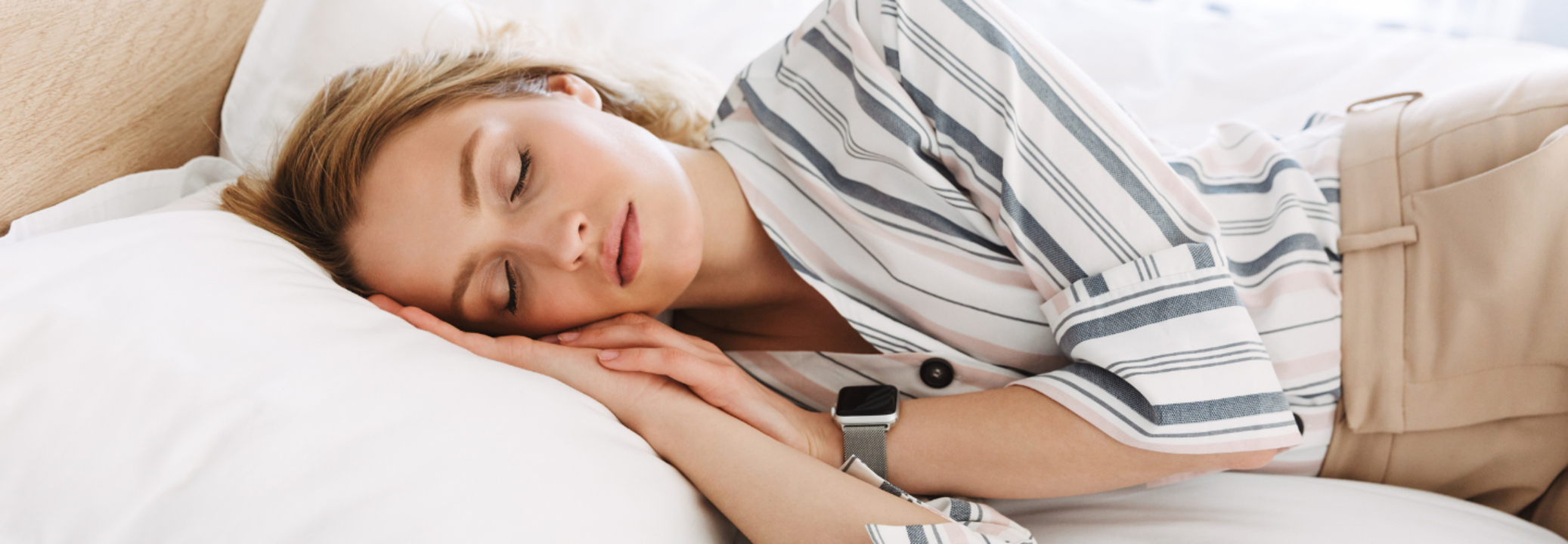These 3 Types Of Naps Shorten Your Lifespan, According To Researchers

(Credit-Canva)
SummaryNapping after a tiring day at work or school is the best feeling one experiences. However, these naps may come at a cost, especially for middle-aged people.
End of Article
